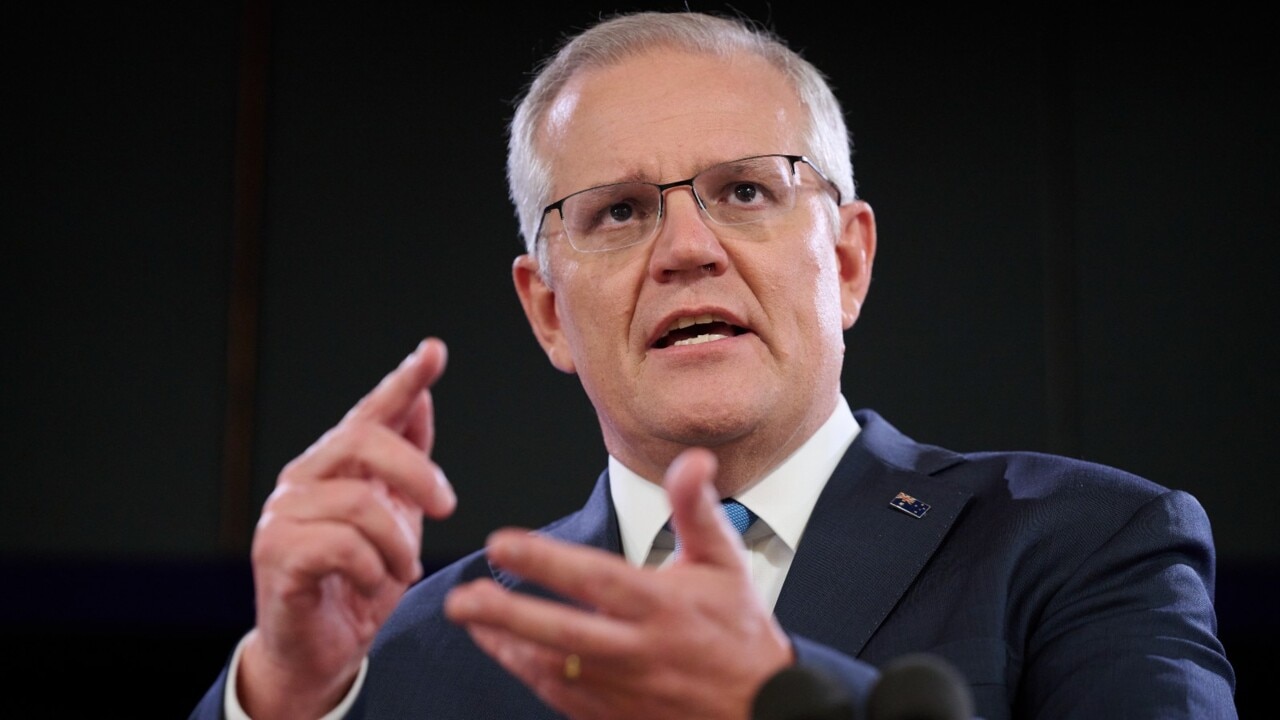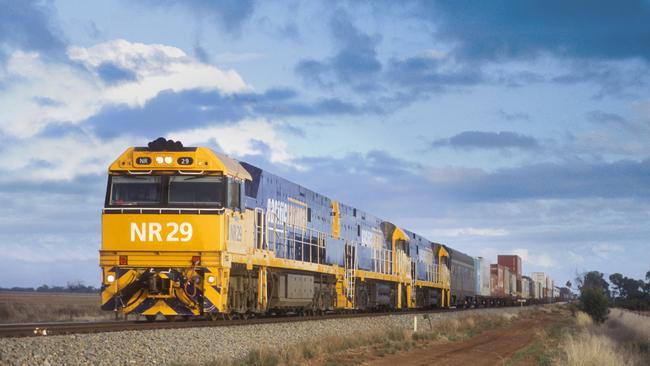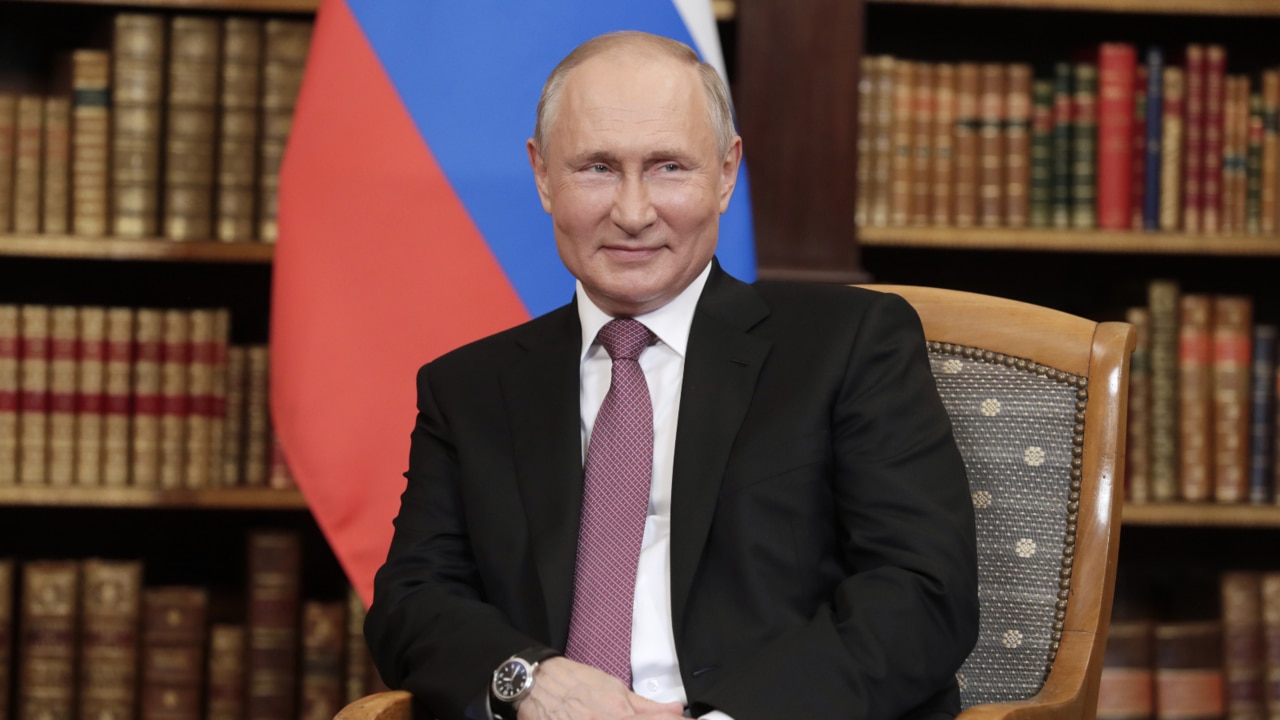War in Ukraine: what it could mean for Australians’ household finances
Surging petrol prices could go even higher as the Ukraine crisis intensifies, but other household costs are also in the firing line.

National
Don't miss out on the headlines from National. Followed categories will be added to My News.
Russia’s invasion of Ukraine is on the other side of the world, but its financial impacts will be felt by Australian households.
While Australia is not a major trading partner of Russia, economic sanctions imposed by Western governments and the other destabilising effects of war will flow through to prices, products, and investments, economists say.
The conflict comes amid surging global inflation and pandemic-related supply chain squeezes, and could inflate prices further if Russia is punished with trade bans.
There are several key areas to watch.
FUEL COSTS
Petrol in many capital cities is already close to $2 a litre, with global oil prices at $US92 a barrel, and it could head higher in the coming weeks if oil rises above $US100 a barrel as feared.

Russia exports about 5 per cent of global oil production and is the world’s third-largest oil producer.
CommSec senior economist Ryan Felsman said further escalation in the conflict could see several European nations cut-off oil imports from Russia.
“Already crude oil and natural gas prices are soaring at a time when global inflation rates are at multi-decade highs, unnerving consumers,” he said.
There is often a two-week delay between crude oil price moves and what motorists pay at the pump.
EXPORTS AND IMPORTS
Russia is Australia’s 48th-largest trading partner, according to the federal government, and our key exports to the country include alumina, live animals and wheat.
We mainly import fertilisers, wood manufacturing products and crude petroleum, although imports have been dropping since 2014 when Russia took Crimea from Ukraine.
The more sanctions that are imposed, the greater the chance of Australian exports being required to replace Russian production.
FOOD AND FARMING
Sanctions could stop Russian exports of grain and agricultural products to Europe, while Ukraine’s production could also be disrupted.
BetaShares chief economist David Bassanese said: “Ukraine is a major food producer”.
“That may have impacts for grain prices and indirectly may be of some benefit to farmers,” he said.
But supermarket prices could head higher amid production shortages and the impact of higher fuel costs flowing through to transport.

ELECTRICITY AND GAS
Household electricity costs have been relatively flat in recent years, but could rise if the conflict escalates, although economists say it’s too early to predict.
Mr Bassanese said sanctions could increase demand for non-Russian energy producers such as Australia.
“It could flow through over the next few months, depending on how extensive the hostilities are,” he said.
INVESTMENTS
US stocks have sunk further than they did during the January sell-off, but Aussie shares so far have been resilient and traded in positive territory on Wednesday.
AMP chief economist Shane Oliver said share markets were at high risk of falling further.
“The history of crisis events shows a short-term hit to markets followed by a rebound over three to 12 months,” he said.
“Given the difficulty in timing market reactions to geopolitical developments, the best approach for most investors is to stick to an appropriate long-term investment strategy.”
More Coverage
Originally published as War in Ukraine: what it could mean for Australians’ household finances





